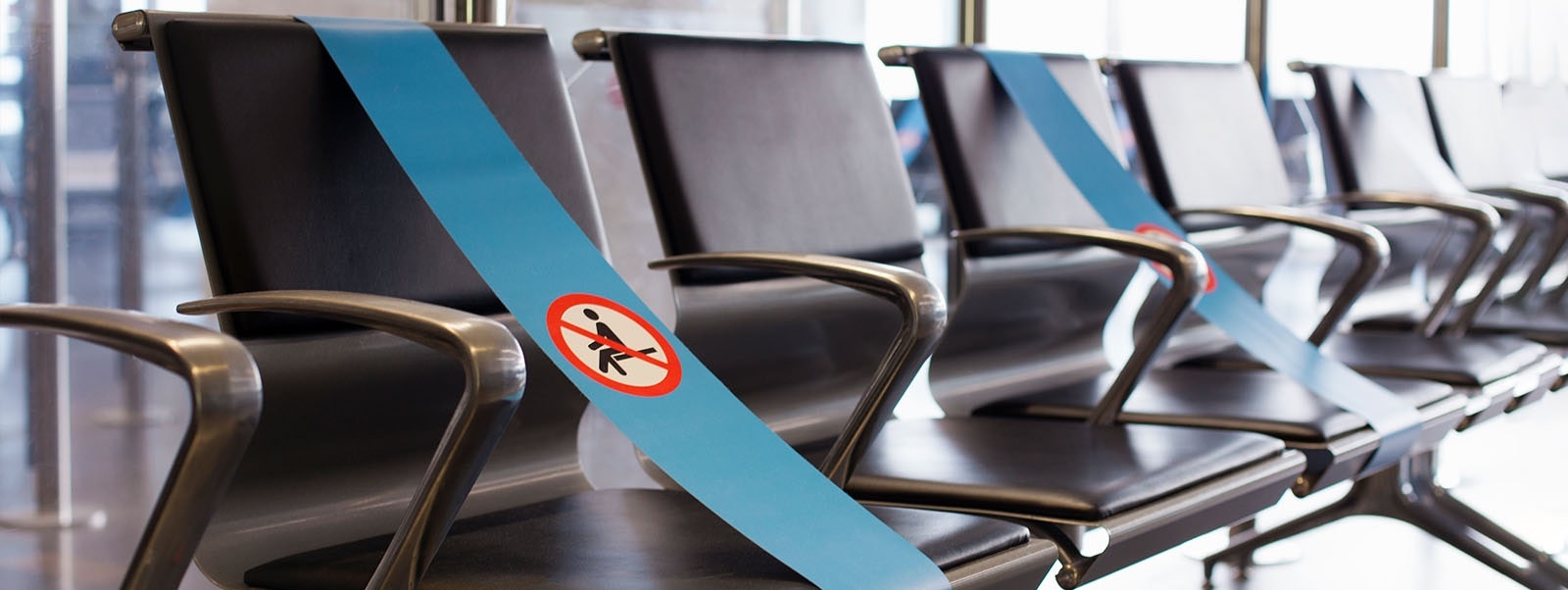By Bruce Spear, Taylor Cornwall, and Khalid Usman
This article first appeared in Forbes on October 22, 2020.
Overall industry capacity is down 57 percent from October 2019, and even the bright spot — short- and mid-haul travel — remains down 46 percent, according to Oliver Wyman’s PlaneStats.com. The second quarter was the worst financially in the history of the airline industry. Third-quarter results are not showing much improvement. And now, the industry once again faces a spike in the number of Covid-19 cases around the world and a series of new lockdowns by major cities.
now, the industry once again faces a spike in the number of Covid-19 cases around the world and a series of new lockdowns by major cities
Where most demand shocks have involved a sharp drop in consumption that eventually rights itself in a matter of months, Covid-19 has instead triggered a tentative stop-and-start recovery that is likely to keep airline operations off balance for years. Airline executives wake each morning to news of rising cases counts, government-imposed travel restrictions, and consumer anxieties over resuming their regular routines. All are capable of triggering dips in demand that have implications for airline operations and planning.
To cope with the uncertainty, carriers have had to adopt new strategies that let them move as quickly as the virus. In addition to slashing capacity, as carriers did early in the pandemic, their most recent moves involve adjusting their schedules, operations, and cost structures to capitalize on opportunities, minimize cash-burn, and remain agile enough to respond to a meaningful pick-up in demand. Until there is a vaccine widely available, survival will depend on how long carriers can tread water and how long their cash holds out.
To read the full article, click here.








